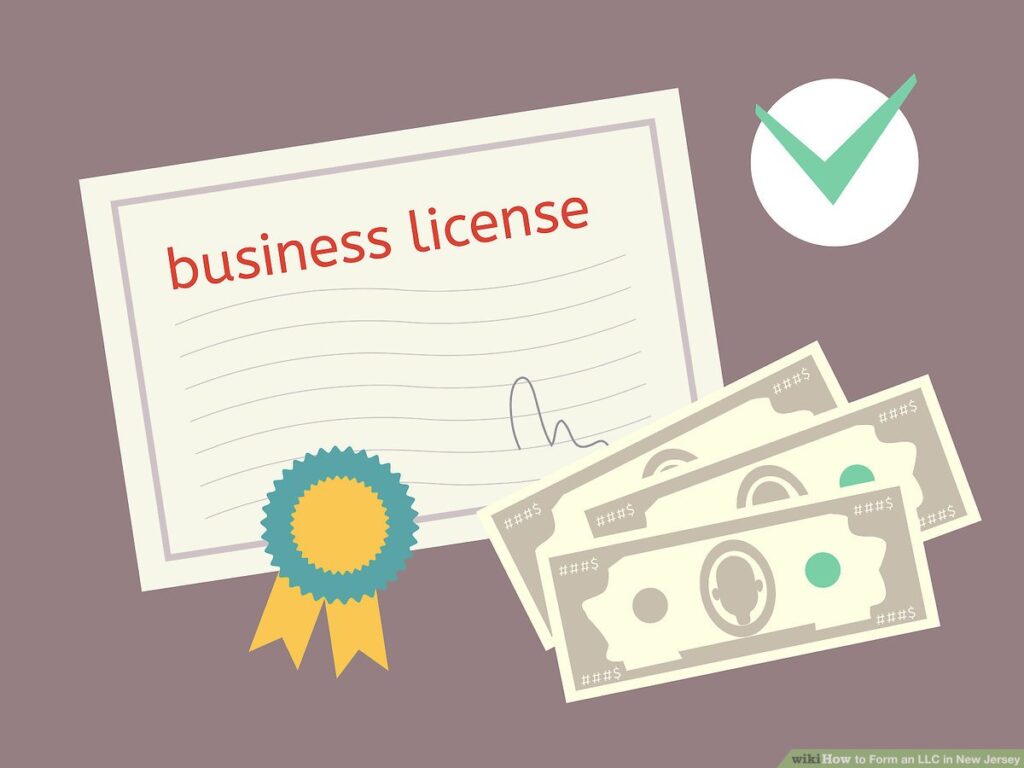Is a business license needed to form an LLC?
Generally, the formation of an LLC typically does not necessitate obtaining a business license. However, the specific requirements may differ depending on the business type and its location.
When initiating a business venture, several steps must be taken, and these can differ depending on the nature of the business. Typically, a business license is required to launch a business, but not necessarily to establish an LLC.
Is it possible to have an LLC without obtaining a business license?
In most states, the creation of an LLC does not mandate obtaining a business license. However, it is crucial to adhere to the specific procedures outlined by your state.
Forming an LLC involves state registration and the submission of appropriate paperwork.
Nevertheless, even though a business license may not be necessary for LLC formation, it is likely to be required if you intend to operate the LLC as a functioning business.
When is a federal business license necessary?
The necessity of a business license is contingent upon several factors, including the business’s location and its specific nature. Depending on the type of business, you might require licenses at the municipal, county, state, or federal level.
A federal license is typically required for specific types of businesses, including those involved in:
- Mining and drilling
- Nuclear energy
- Alcohol manufacturing, importing, or selling
- Aviation
- Fishing and wildlife
- Commercial fisheries
- Agriculture
- Firearms, ammunition, or explosives
- Maritime transportation
- Radio and television
- Transportation
When is a local business license necessary?
If the business you plan to establish doesn’t fall under the federal license requirements, you will likely need to obtain a license from your city, county, or state. You can typically find information about state-level licenses on the website of your Secretary of State or other relevant government agencies. Additionally, it’s advisable to inquire with your local city and county offices to determine if any additional licenses are necessary.
In most cases, because almost all businesses require at least one business license to operate, it’s wise to assume that you will need one. The following types of businesses typically require a business license in most states:
- Restaurants
- Childcare centers
- Hair and nail salons
- Dry cleaning establishments
- Mechanics
- Insurance agencies
- Electricians
- Plumbers
However, it’s essential to check with your state and local government authorities to ascertain whether your specific type of business necessitates a general business license. If a general license isn’t required, your business may still need some other form of licensing or permits.
What type of license does your business require?
The specific licenses and permits your business needs depend on various factors. For instance, if you’re operating your business from your residence, you must check whether zoning regulations permit home-based businesses and whether customer visits are allowed. In addition to general business licenses, you may require other licenses and permits, including:
- Professional licenses for professions like accountants, attorneys, therapists, veterinarians, and physicians.
- Industry-specific licenses for businesses like hotels or construction, often accompanied by permits.
- Sales tax licenses.
- Licenses related to fire safety, health, and emergency services.
- Pollution control permits to protect the environment.
- Zoning and building permits.
- Licenses for signage usage.
- Licenses for operating under an alternative business name (such as a “doing business as” or DBA company).
- An income tax employer identification number (EIN) is typically required.
Why do many businesses require a business license?
Business licenses serve various purposes, including signaling the legitimacy of the business. Some other reasons for requiring business licenses or permits include:
- Safeguarding public safety and health.
- Regulating the location of certain businesses, often restricting them from operating out of homes.
- Preventing specific business types from being situated near certain other businesses or buildings.
- Holding businesses accountable for liability purposes.
- Enabling tax authorities to monitor sales and income tax obligations.
- Assuring the public that your professional status is valid.
Failure to obtain a required business license or permit can lead to fines, penalties, and potential business closure.
How to apply for a business license
Begin by determining whether your business qualifies as a small business for licensing purposes through the Small Business Administration (SBA). If it does, attempt to apply for licenses based on the SBA’s guidelines.
Next, research your state’s requirements. At the state level, consult your state’s website to identify the licenses and permits applicable to your business type.
Finally, contact your county or city office to ascertain if any additional licenses or permits are necessary. You can either consult with an attorney for assistance or conduct this research independently.
While the process of applying for a license or permit is generally straightforward, it is crucial to thoroughly investigate all levels of government—federal, state, county, and city or town—to ensure your business is properly licensed. Once you have obtained the necessary licenses, you can proceed with opening your business.
Unlock your business potential with Bizcognitis! We specialize in LLC formation, offering expert guidance to ensure a seamless and compliant start for your business. Trust us to navigate the complexities, making your entrepreneurial journey a breeze. Choose Bizcognitis for a successful LLC launch!

